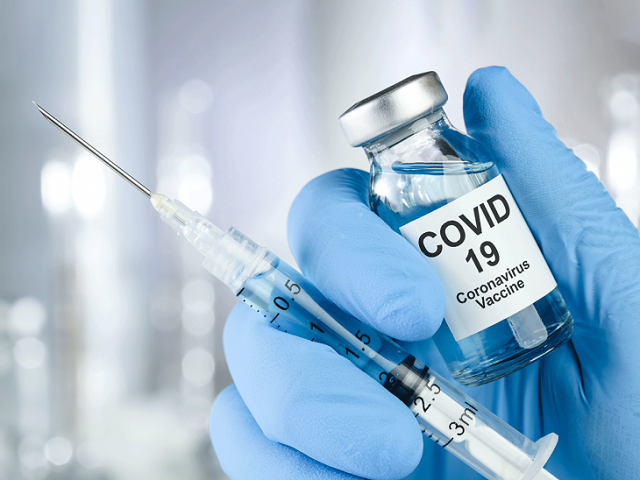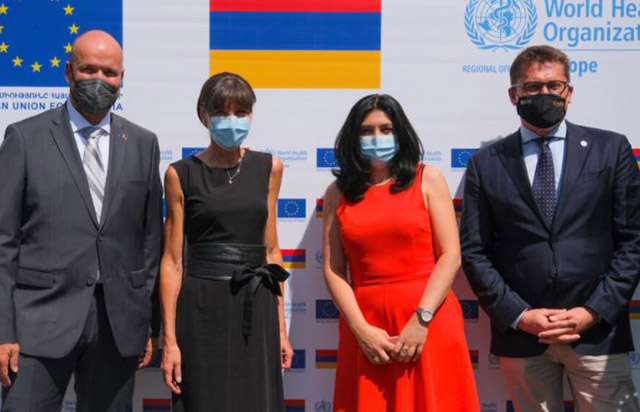ԵՌԱԳՈՅՆ. US bio-tech company Moderna Therapeutics announced the publication of an interim analysis of the open-label Phase 1 study of mRNA-1273, its vaccine candidate against COVID-19, in The New England Journal of Medicine, Armenpress reports citing Moderna.
This interim analysis evaluated a two-dose vaccination schedule of mRNA-1273 given 28 days apart across three dose levels (25, 100, 250 µg) in 45 healthy adult participants ages 18-55 years, and reports results through Day 57. Results from participants in the initial dose cohorts who received both vaccinations and were evaluated at pre-specified timepoints reaffirm the positive interim data assessment announced on May 18th and show mRNA-1273 induced rapid and strong immune responses against SARS-CoV-2.
mRNA-1273 was generally safe and well-tolerated, with no serious adverse events reported through Day 57. Adverse events (AEs) were generally transient and mild to moderate in severity. The most notable adverse events were seen at the 250 µg dose level, with three of those 14 participants (21%) reporting one or more severe events. Solicited systemic adverse events were more common after the second vaccination and occurred in seven of 13 (54%) participants in the 25 µg group, all 15 participants in the 100 µg group and all 14 participants in the 250 µg group. The most commonly reported systemic adverse events following second vaccination at the 100 µg dose were fatigue (80%), chills (80%), headache (60%) and myalgia (53%), all of which were transient and mild or moderate in severity. The most common solicited local adverse event at the 100 µg dose was pain at the injection site (100%), which was also transient and mild or moderate in severity. Evaluation of clinical safety laboratory values grade 2 or higher and unsolicited adverse events revealed no patterns of concern.


























































